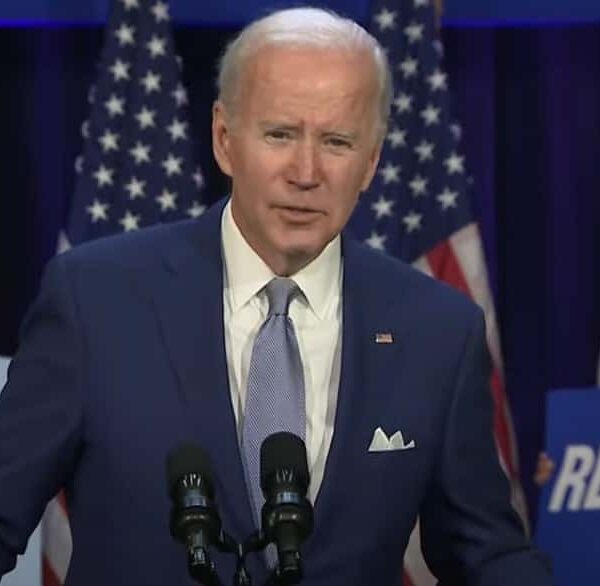Monday’s economic calendar is light due to a bank holiday in the U.S. for Veterans Day and in Canada for Remembrance Day.
On Tuesday, the U.K. will release several key labor market indicators, including the claimant count change, average earnings index m/m and the unemployment rate.
Australia will publish its wage price index q/q on Wednesday and the U.S. will release its inflation data, which is the most important event this week.
On Thursday, Australia will report its employment change and unemployment rate, while the U.S. will publish the PPI m/m and unemployment claims data. Later in the day, Fed Chair Jerome Powell will participate in a panel discussion titled “Global Perspectives” at an event hosted by the Federal Reserve Bank of Dallas.
Wrapping up the week, Friday brings the release of the U.K. GDP m/m and preliminary GDP q/q figures. In the U.S., markets will be watching the core retail sales m/m and retail sales m/m data for insights into consumer spending and overall economic health.
Throughout the week, several FOMC members are expected to deliver their remarks.
In the U.K., the consensus for the claimant count change is 30.5K vs. the prior 27.9K; the average earnings index 3m/y is expected to be 3.9%, slightly higher than the previous 3.8%; and the unemployment rate is anticipated to increase from 4.0% to 4.1%.
Although the unemployment rate is expected to rise, there is some uncertainty regarding the accuracy of the ongoing sampling.
Regarding monetary policy, the BoE is likely to cut rates again in February, though incoming inflation data may influence the Bank’s decision, especially if there are downside surprises.
In the U.S., the consensus for core CPI m/m is 0.3% vs. 0.3% prior, with CPI m/m also expected at 0.2%, the same as the previous month. CPI y/y is likely to print at 2.4%.
This week’s inflation data is highly anticipated, as it could offer insight into the Fed’s course of action at the December meeting, particularly regarding the possibility of another rate cut.
With a softened labor market, many analysts argue that monetary policy remains restrictive. This week’s report is expected to show inflation moving in the right direction, though returning to the Fed’s target will likely remain challenging.
Wells Fargo warns of a renewed risk of elevated inflation, citing several potential drivers: reduced labor supply, deglobalization’s upward pressure on import prices, escalating geopolitical tensions in the Middle East, and resilient consumer demand.
Additionally, some of the policies proposed by President-elect Donald Trump during his campaign, such as trade tariffs, are expected to amplify these inflationary pressures. As a result, Wells Fargo notes that price growth could re-accelerate over the next year.
In Australia, the consensus for employment change is 25.2K vs 64.1K prior. The unemployment rate is expected to remain steady at 4.1%, with the participation rate also likely to hold at 67.2%.
Analysts at Westpac suggest that the unemployment rate could edge up to 4.2% and note that employment is unlikely to see the same growth rate as in recent months as the last quarter is usually softer.
In the U.K., the consensus for GDP m/m is 0.2% vs 0.2% prior, while preliminary GDP q/q is expected at 0.2%, compared to the prior 0.5%.
Data indicates that economic growth in the U.K. is slowing, but the BoE remains more focused on services inflation and wages. Therefore, even if GDP prints below expectations, it is unlikely to significantly impact the Bank’s monetary policy stance.
In the U.S. the consensus for the core retail sales m/m is 0.2% vs 0.5% prior, and for retail sales m/m it’s 0.3% compared to 0.4% in September. This is the last retail sales report before the holiday sales season, which analysts from Wells Fargo forecast will be smaller than the year before. The expectation is a 3.3% growth in sales in November and December, which is below the long-run average of 4.3%.
Wish you a profitable trading week.















